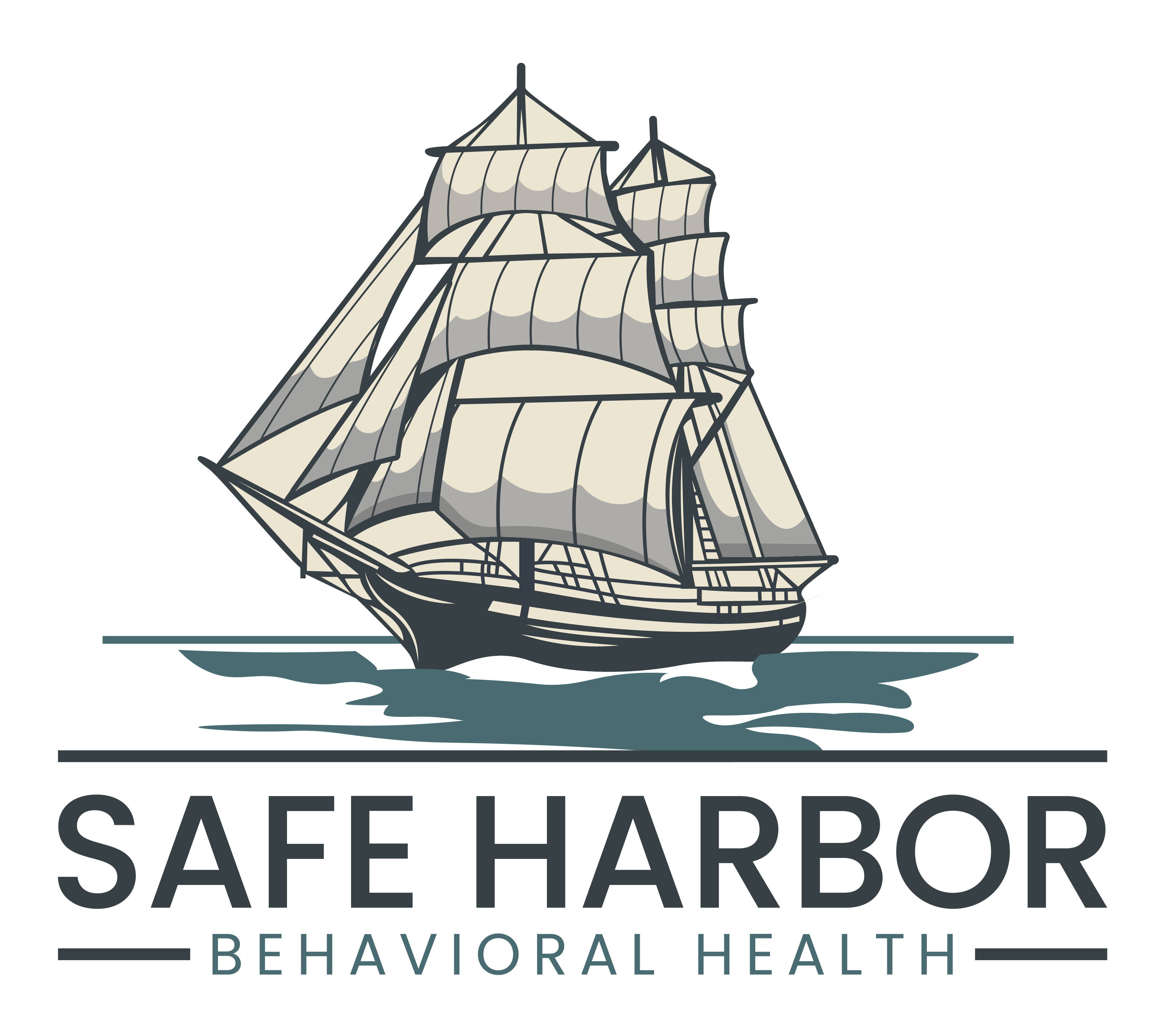The connection between what we eat and how we feel is becoming increasingly clear. A balanced diet doesn’t just fuel your body—it also nurtures your mind. The food you consume plays a crucial role in your mental health, impacting your mood, cognitive function, and overall emotional well-being. Let’s explore how making mindful food choices can improve your mental health and how you can start today.
The Gut-Brain Connection
The gut and brain are intricately linked through a communication network called the gut-brain axis. This means that the state of your gut can directly affect your mental health. Studies show that a healthy gut microbiome—a collection of bacteria and microorganisms in your digestive system—can reduce symptoms of anxiety and depression.
For more information on the gut-brain connection, check out this Harvard Health article on the link between the gut and the brain.
Nutrients That Boost Mental Health
Certain nutrients are known to have a positive impact on mental well-being. Here are a few to prioritize in your diet:
- Omega-3 Fatty Acids: Found in fatty fish like salmon, walnuts, and flaxseeds, omega-3s can improve mood and reduce symptoms of depression.
- B Vitamins: These vitamins, found in leafy greens, eggs, and fortified cereals, support brain health and energy levels.
- Magnesium: This mineral, found in almonds, spinach, and dark chocolate, is essential for relaxation and can reduce symptoms of anxiety.
- Probiotics: Found in yogurt, kefir, and fermented foods, probiotics promote a healthy gut microbiome, which is linked to better mental health.
Learn more about these nutrients in this Psychology Today guide on foods that improve mental health.
Foods to Avoid for Better Mental Health
Just as some foods nourish your mind, others can negatively affect your mental health. Here’s what to limit or avoid:
- Sugary Snacks and Drinks: These can cause blood sugar spikes and crashes, leading to mood swings.
- Highly Processed Foods: Chips, instant noodles, and similar items are often low in nutrients and can contribute to feelings of fatigue and sluggishness.
- Alcohol: While it may temporarily relax you, alcohol is a depressant that can exacerbate anxiety and depression over time.
For more details, visit this Mayo Clinic article on foods that can harm mental health.
The Role of Hydration
Dehydration can affect concentration, mood, and energy levels. Drinking enough water each day is a simple but often overlooked way to support your mental health. Aim for at least 8-10 glasses daily, and include water-rich foods like cucumbers, watermelon, and oranges in your diet.
Meal Planning for Mental Health
A balanced diet doesn’t have to be complicated. Start by incorporating the following into your daily meals:
- Breakfast: A smoothie with spinach, Greek yogurt, berries, and flaxseeds.
- Lunch: Grilled chicken or tofu salad with a variety of colorful veggies and olive oil dressing.
- Snack: A handful of mixed nuts or an apple with peanut butter.
- Dinner: Grilled salmon, quinoa, and steamed broccoli.
- Dessert: A small piece of dark chocolate paired with green tea.
For more meal ideas, visit this resource from the Academy of Nutrition and Dietetics.
The Science Behind Food and Mood
Research supports the link between diet and mental health. A study published in the journal Nutrients found that individuals who followed a Mediterranean diet—a diet rich in fruits, vegetables, whole grains, and lean proteins—experienced lower rates of depression and anxiety.
Start Small for Big Changes
Improving your diet doesn’t have to happen overnight. Small, sustainable changes can lead to long-term benefits for your mental mindset. Start by:
- Swapping sugary drinks for water or herbal teas.
- Adding one extra serving of vegetables to your meals.
- Planning balanced snacks to avoid processed options.
Conclusion: Nourish Your Mind and Body
A balanced diet is one of the simplest yet most effective tools to support your mental health. By focusing on nutrient-rich foods and staying hydrated, you can enhance your mood, reduce symptoms of anxiety and depression, and feel more energized.
If you’re struggling with mental health challenges, remember that professional help is always available. Reach out to Safe Harbor Behavioral Health to learn more about our comprehensive mental health services.

